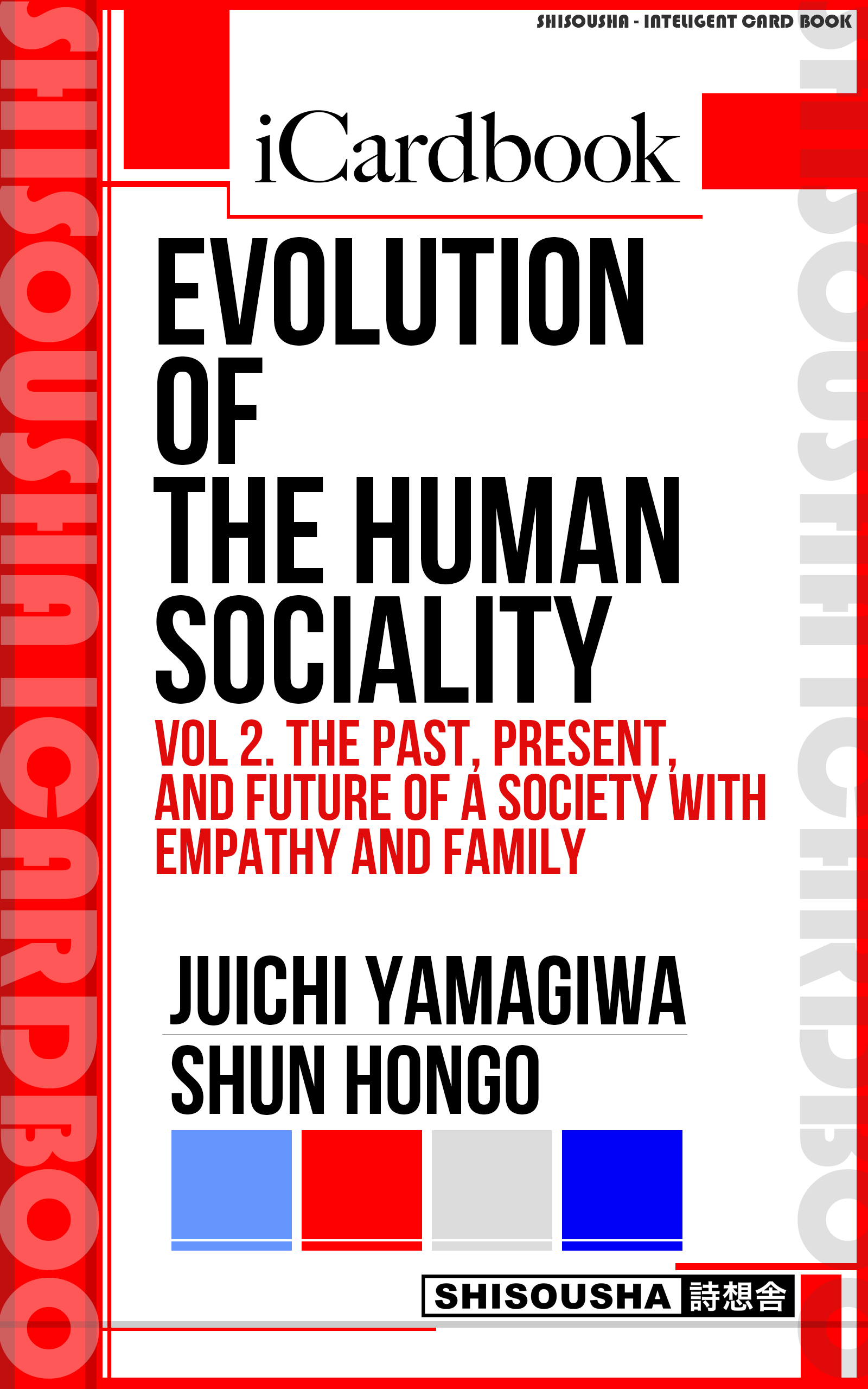The female philopatric species of primates have strong ties between blood relatives, and those relationships affect the females’ reproduction.
On the other hand, as, after maturation, the females of female dispersed species spend their life in a group without blood relatives, their relationships with the members of groups to which they transfer influences their reproductive success.
This difference causes the breeding speed of female dispersal species to be slower than that of female philopatric species.*
■References (Books, papers, Web articles, etc.)
『人類進化論——霊長類学からの展開——』 第3章・第1節 サルの一生 山極寿一 (裳華房、2008)
『家族進化論』 第4章・第3節 類人猿の生活史戦略 山極寿一 (東京大学出版会、2012)
*Female-dispersed species females give birth after they transfer, so the age of their first birth is higher than that of female-philopatric species. In addition, due to a lack of assistance from relatives, their weaning time will be longer.
★If you interested in this text, please have the following ebook at hand. For that, Click on the URL below.
https://society-zero.com/icardbook/012/index.html
★This article is a piece of "knowledge card" that makes up iCardbook, "Evolution of Human Sociality(Juichi Yamagiwa, Shun Hongo)"
iCardbook, a card-type specialized book that organizes “Knowledge Cards” is a new form of book in the smartphone age.
■iCardbook Benefits:Good value for reading
・you can read it quickly in your pocket of time, e.g. commuting
・You can immediately understand the "drawing " in the author's head
・Amazon Prime members can read for free
◎About iCardbook(english)
https://society-zero.com/icard/icardbookenglish
◎About iCardbook(japanese)
https://society-zero.com/chienotane/archives/5067
■The References list of “Evolution of Human Sociality”






